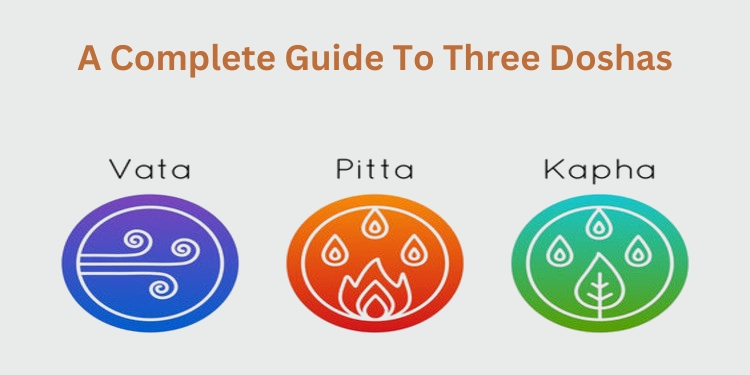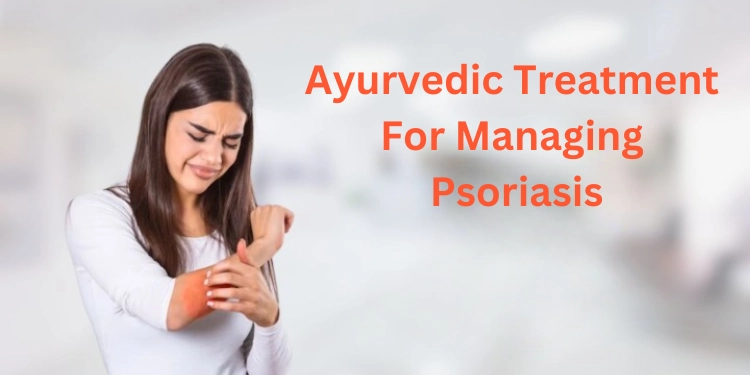Around the world, millions of people suffer from arthritis, a chronic condition marked by joint inflammation and pain. Ayurveda, an ancient Indian medical system, goes deeper into the underlying causes of arthritis whereas conventional medicine frequently only treats its symptoms. Ayurvedic treatment for arthritis not only relieves symptoms but also enhances general health by using a comprehensive therapy approach.
Ayurvedic diagnosis involves a detailed assessment of the individual's lifestyle, diet, and physical and mental health. Practitioners use techniques such as pulse diagnosis (Nadi Pariksha), tongue examination, and a thorough inquiry into the patient's medical history. This holistic approach aims to uncover the root cause of arthritis, which may vary from person to person.
For example, a diet high in processed foods, a sedentary lifestyle, or emotional stress can all contribute to the aggravation of Vata dosha. By identifying these underlying factors, Ayurvedic practitioners can develop a thorough treatment plan that targets the underlying cause of the problem instead of just treating the symptoms.
Cartilage is a tough but flexible tissue in your joints that helps protect them by absorbing pressure and shock when you move. When there's less cartilage, it can lead to arthritis. One common type, osteoarthritis, happens due to normal wear and tear. Injuries or infections in the joints can make this breakdown of cartilage worse.
The symptoms of arthritis can vary, but common signs include:
One of the cornerstones of Ayurvedic treatment for arthritis is the use of herbal remedies. Ayurveda has a wide variety of herbs that are well-known for their ability to reduce inflammation and relieve pain. Some of the most commonly used herbs include Ashwagandha, Shallaki (Boswellia), Guggulu, and Turmeric.
Ashwagandha is renowned for reducing inflammation and strengthening the immune system. Shallaki, on the other hand, has been shown to improve joint mobility and reduce pain. Guggulu acts as a natural detoxifier, helping to remove toxins that may accumulate in the joints. Turmeric, rich in curcumin, is a powerful anti-inflammatory agent that has been extensively studied for its benefits in arthritis.
Panchakarma, a cornerstone of Ayurvedic therapy, offers a comprehensive approach to detoxification and rejuvenation. This series of therapeutic procedures aims to cleanse the body of toxins (Ama) that contribute to the disease process. Panchakarma treatments for arthritis typically include Abhyanga, Swedana (herbal steam therapy), and Basti.
Diet plays a pivotal role in the Ayurvedic management of arthritis. Since arthritis is often linked to the aggravation of Vata dosha, the diet should be tailored to pacify Vata. This includes incorporating warm, cooked foods, and healthy fats, and avoiding cold, dry, and processed foods.
Ayurvedic oil massage, or Abhyanga, is a therapeutic practice that offers significant relief from arthritis symptoms. The use of medicated oils, such as Mahanarayan oil and Dhanwantharam oil, helps in nourishing the joints, reducing inflammation, and alleviating pain. These oils are typically infused with herbs known for their analgesic and anti-inflammatory properties.
Yoga is an integral part of Ayurvedic treatment for arthritis, offering a gentle yet effective way to enhance mobility and strength. Specific yoga poses, such as Trikonasana (Triangle Pose), Virabhadrasana, and Tadasana, are beneficial for strengthening the muscles around the joints, improving flexibility, and relieving stiffness.
Ayurvedic treatment for arthritis offers a comprehensive and holistic approach to managing this chronic condition. By addressing the root causes, incorporating herbal remedies, dietary changes, lifestyle modifications, and therapeutic practices like Panchakarma and yoga, Ayurveda provides a path to not only relief but also overall well-being.
As with any treatment plan, it is crucial to consult with a qualified Ayurvedic practitioner who can tailor the therapies to your specific constitution and condition. By embracing this ancient wisdom, individuals with arthritis can find not only relief from their symptoms but also a renewed sense of vitality and balance in their lives.
Is Ayurvedic treatment for arthritis safe?
Ayurvedic treatments are generally safe when administered by a qualified practitioner. However, it's essential to consult with a healthcare professional before starting any new treatment.
How does Ayurveda help in managing arthritis pain?
Ayurveda helps manage arthritis pain through herbal remedies, dietary adjustments, and therapies like massage and detoxification to reduce inflammation and promote healing.
What herbs are commonly used in Ayurvedic treatment for arthritis?
Common herbs include Ashwagandha, Turmeric, Boswellia (Shallaki), and Guggulu, known for their anti-inflammatory and pain-relieving properties.
Can Ayurvedic treatment cure arthritis?
While Ayurveda may not cure arthritis, it can significantly alleviate symptoms, improve joint function, and enhance overall quality of life by addressing the root causes.
Are there any dietary recommendations in Ayurveda for arthritis?
Yes, Ayurveda recommends a diet that soothes Vata dosha, including warm, cooked foods, healthy fats, and anti-inflammatory ingredients like ginger and turmeric.

Vata Pitta and Kapha Doshas

The three doshas in Ayurveda are Vata, Pitta, and Kapha, shaping our physical, mental, and emotional health. This guide explores their traits, significance, and tips for maintaining balance naturally.
Ayurvedic Psoriasis Treatment

Ayurvedic treatment for psoriasis focuses on holistic healing through herbal remedies, detox therapies, and lifestyle changes. This natural approach helps manage symptoms, reduce flare-ups, and promote long-term skin health and overall well-being.
Contact us today and embark on a journey toward a better life. Our team is here to support you every step of the way.
